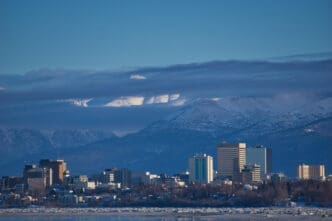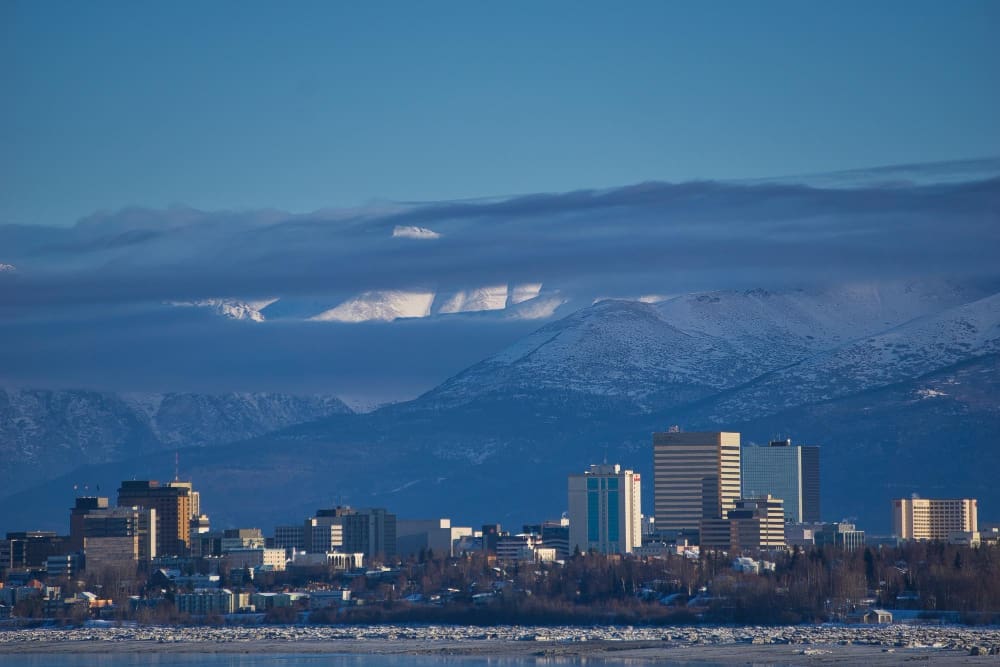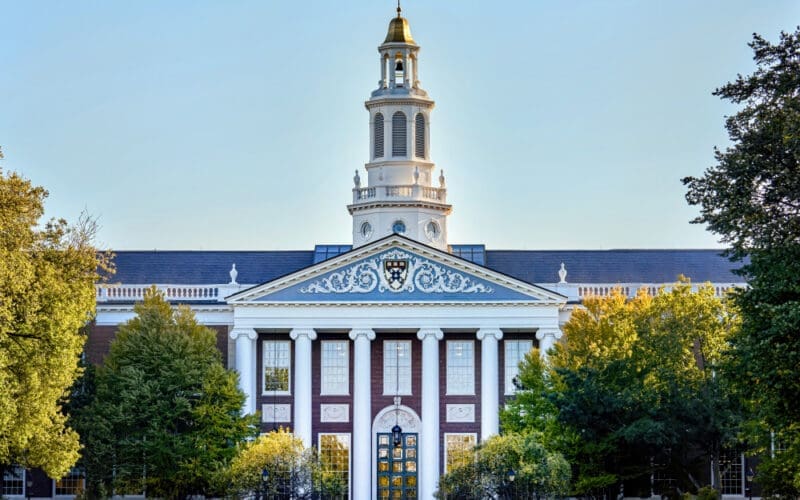KEY POINTS
- The Arctic region, particularly the Bering Strait, presents a unique opportunity for cooperation between the United States and Russia, driven by shared interests in shipping, energy, and resource management.
- Development of the Northern Sea Route is a key area for collaboration, as both nations have a stake in ensuring safe and efficient transit through this increasingly important shipping lane.
- Shared resources, such as oil, gas, and fisheries in the Arctic, provide additional avenues for partnership, necessitating sustainable management and regulation to benefit both countries.
While geopolitical tensions often dominate the relationship between Washington and Moscow, the increasingly accessible Arctic presents a unique theater for potential cooperation, according to regional experts. Should a future summit occur between leaders like Donald Trump and Vladimir Putin, particularly in a strategic location like Alaska, shared interests in shipping routes, energy exploration, and resource management would likely form a key part of the agenda, says Andreas Østhagen of the Fridtjof Nansen Institute.
A Strategic Crossroads in the North
The Arctic has emerged as a high-priority region for both the United States and Russia, making it a natural focus for diplomatic engagement. Anchorage, Alaska, serves as a gateway to this vital area, where the Bering Strait forms a critical maritime passage connecting the Pacific and Arctic Oceans.
According to Østhagen, who is also a senior fellow at the Arctic Institute, the strategic value of the location itself would steer discussions toward regional issues. “The fact that both presidents have put the Arctic high on their agendas would make Alaska a natural point to discuss the region,” he noted, highlighting a foundation of mutual interest that could foster practical dialogue.
Avenues for Potential Cooperation
Beyond high-level strategy, several areas offer concrete opportunities for functional collaboration between the two Arctic powers. These initiatives focus on economic development and ensuring safe transit through the region’s challenging waterways.
The Northern Sea Route
A primary topic would be the development of the Northern Sea Route (NSR), a shipping lane along Russia’s Arctic coastline that offers the shortest path between the Asia-Pacific region and Western Eurasia. As climate change makes the route more navigable, its commercial and strategic importance grows, attracting traffic from container ships, oil tankers, and resource carriers.
While the NSR is a Russian-led project, the United States has a significant stake in its success and safety. “If any shipping traffic takes that shortcut between Europe and Asia, it has to go via the Russian Arctic and via the Bering Strait,” Østhagen explained. This geographic reality necessitates cooperation on managing traffic safely through the narrow strait that separates Alaska from Russia, an area where collaborative efforts were explored under both the Trump and Biden administrations.
Energy and Fishing Resources
The Arctic’s vast natural resources provide another platform for potential partnership. Joint oil and gas exploration in shared areas, such as the Chukchi Sea north of the Bering Strait, could be on the table, though such projects remain subject to economic viability and political conditions.
Furthermore, the Bering Sea is home to some of the world’s most profitable fish stocks. The waters are actively fished not only by American and Russian fleets but also by those from other nations like China, creating a shared interest in sustainable management and regulation to preserve the valuable marine ecosystem.
A Foundation for Functional Dialogue
Despite broader political friction, the Arctic remains an arena where practical needs can drive cooperation. The shared challenges of navigating icy waters, managing precious resources, and capitalizing on new economic opportunities provide a compelling reason for ongoing dialogue between Washington and Moscow.














